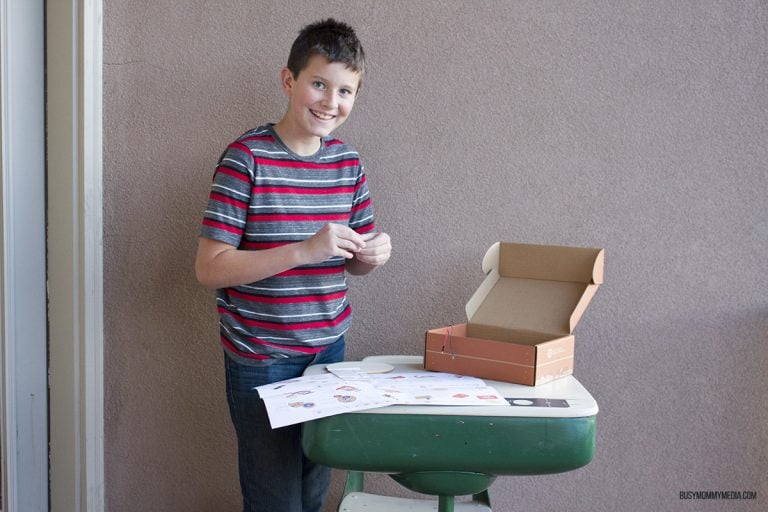Tips for Challenging High Achieving Students
Do you have a student who is struggling in school, not because they don’t understand the material but because it is simply too easy for them? Challenging high-achieving students can help keep them motivated and much happier.

Having a high-achieving student sounds like every parent’s dream, right? It can come with some serious challenges though, especially if they don’t have the support they need at school.
When my high-achieving student struggled with boredom at school, it was rough on the whole family. Fortunately, we had a principal who stepped in and fought for him to be moved up a grade, and he’s thrived ever since.
That didn’t mean we were off the hook at home, though. We still had to find ways to challenge him and help him discover new things outside of school hours.
These are some of our favorite tips for challenging High-Achieving Students:
Go wider instead of higher.
The first instinct most parents have when they have high-achieving students is to give them harder material to work with. Sometimes that is a great option, but more often than not, letting students explore a subject they love at a deeper level is a better option. Take a broader look at the subject and explore laterally instead of moving on to the next subject.
Maybe your student loves science? Instead of moving up to the next level, look at the subject from a broader view. There’s always more to learn about a topic, even without moving on to the next grade level.
Provide additional learning opportunities at home.

One hesitation a lot of kids have about skipping a grade level is they won’t be in a class with their friends. Honestly, it’s a valid concern. There’s a lot you can do to support additional learning at home vs. jumping into skipping a grade. Look for supplemental educational materials, provide your student with high-quality books, and help them stay curious about new things.
One of our favorite ways to provide additional learning opportunities is through Study.com. They offer some fantastic video courses that really captivate kids’ attention. I love how easy it makes it for students to explore a huge number of different subjects. My younger kids have been diving into their course on plants and animals, and my big kids have loved the computer science and engineering options.

My teens love using the individual videos on Study.com for homework help because it gives them a really visual way of understanding tough concepts, but they’ve also been able to dive deep into subjects that aren’t always covered in school when they have an interest in something.
Use the code “BusyMommy” to save 30% on your first three months of Study.com.
Focus on non-academic skills.
Some high-achieving students may do great at school but have non-academic skills they need to work on, like social skills, practical life skills, and more. If your child is doing amazing at school, give them a chance to focus on something non-academic during their downtime, like learning how to a tire or picking up a part-time job to learn customer service skills. Non-academic skills can help kids be much more well-rounded and often complement their academic achievements.
Encourage creative projects.
Allowing some space for creativity in life can help decrease stress and recharge students so they can better focus at school. My high-achieving son took up 3D printing and has had a blast discovering all of the things he can make. Other students I’ve known have taken up painting, knitting (surprisingly popular with teens), baking, or metalworking. Even just allowing for downtime so students can contemplate what they want from life can be helpful.
Provide opportunities for your student to teach
You always learn more when you teach something. For high-achieving students who need a bit of an extra challenge, consider looking for opportunities for them to teach something. This will really cement the material they are teaching for them. Look into tutoring after school, creating videos for YouTube teaching a skill, or volunteering to teach in an afterschool program.




